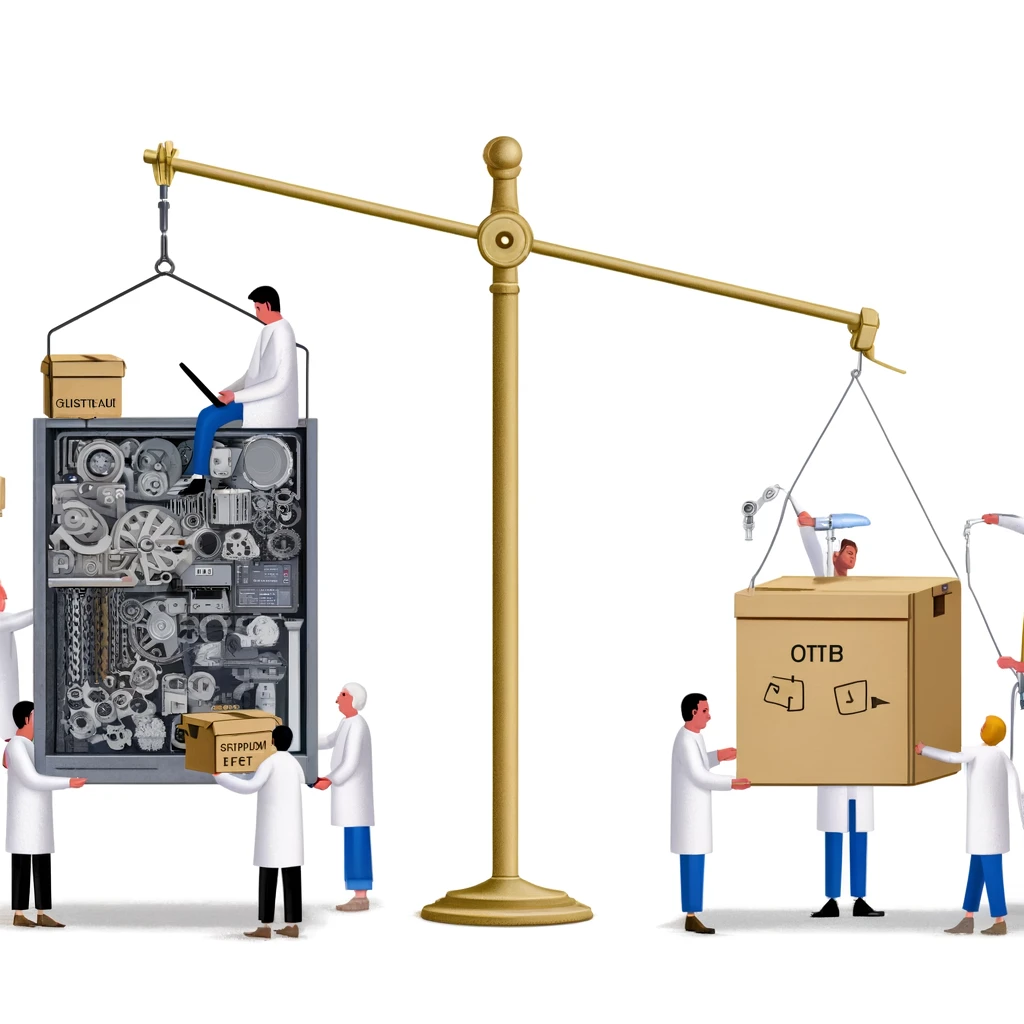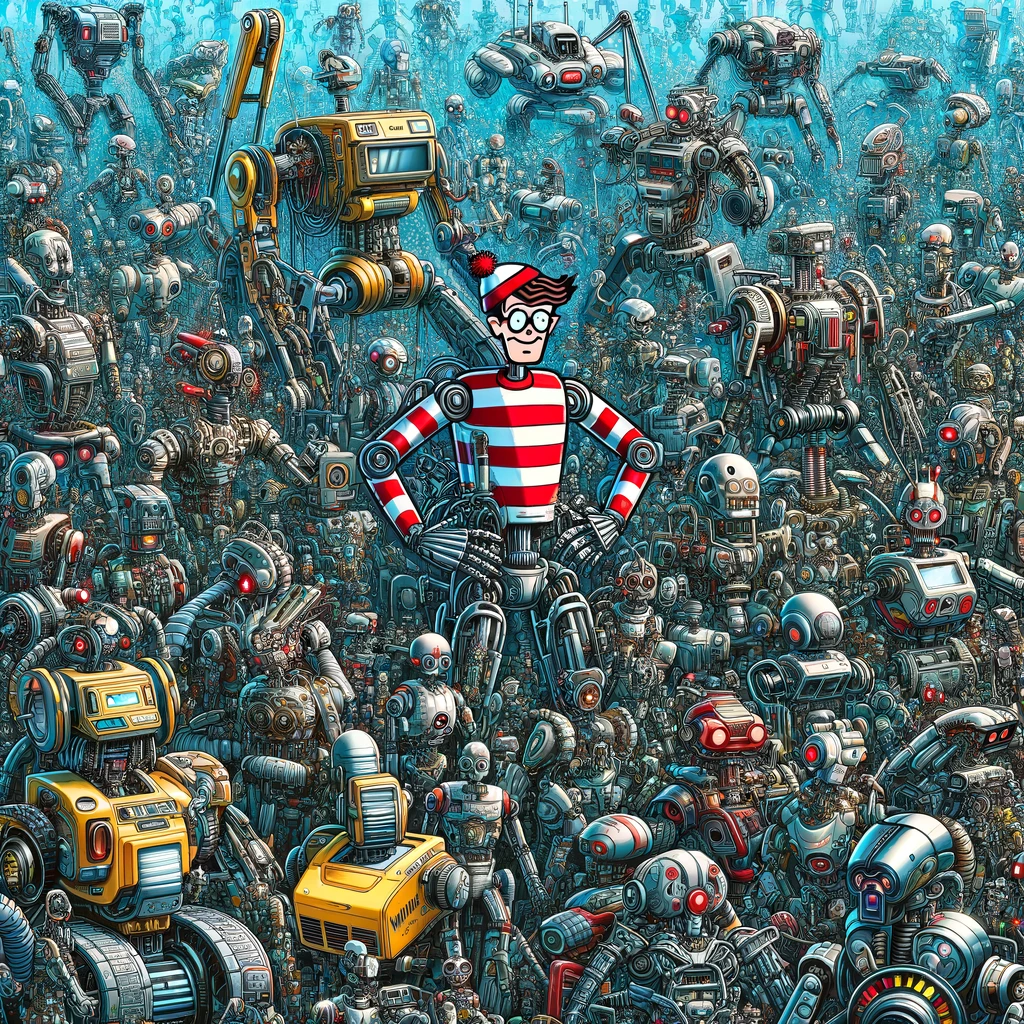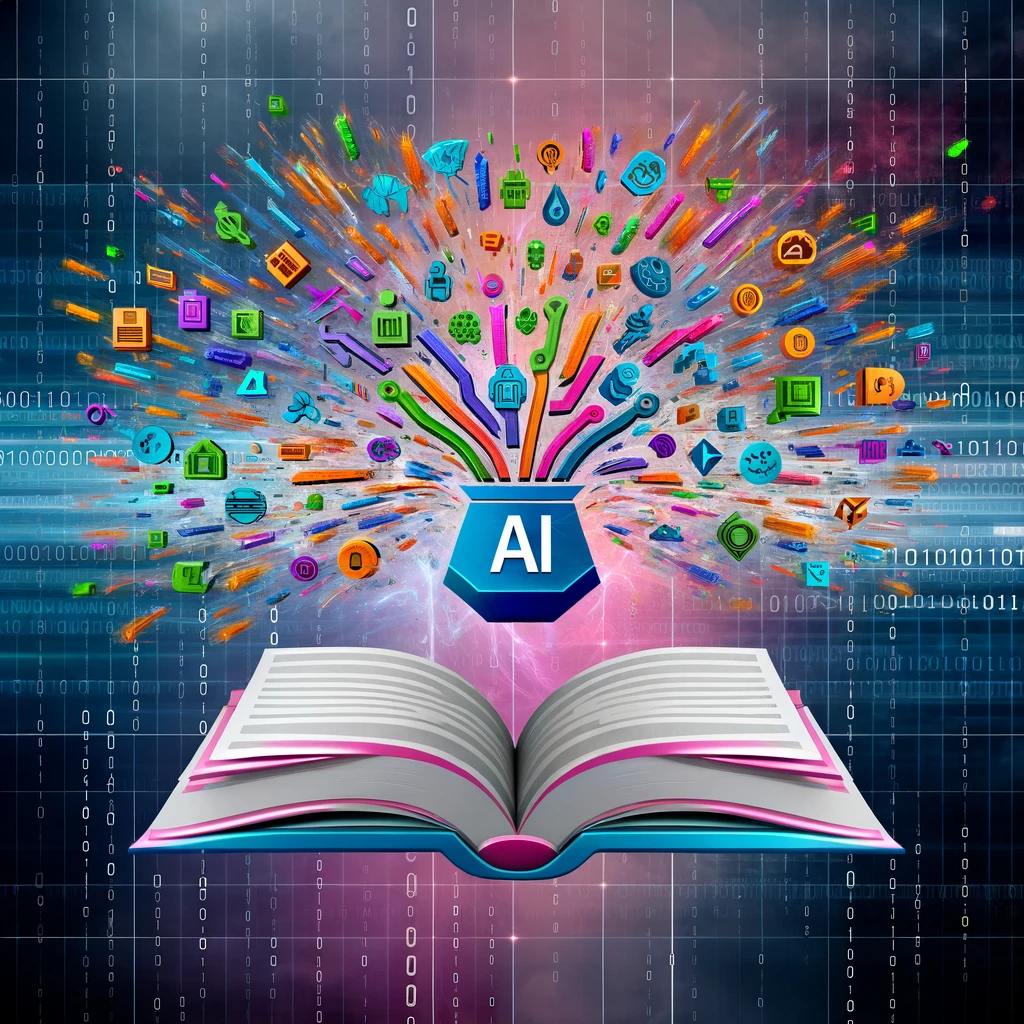In the dynamic arena of Artificial Intelligence (AI), two contenders emerge, each wielding distinct powers and facing unique challenges. On one side, we have the specialists, the task-based AIs, designed with laser focus to excel in specific tasks. On the other, the generalists, the General AI systems, which aspire to mimic human-like intelligence across a broad spectrum of activities.
Task-Based AI: The Specialists
Task-based AI, also known as Narrow AI, is designed to perform a single task or a limited set of tasks with remarkable proficiency. From voice assistants executing specific commands to algorithms diagnosing diseases from medical images, these AIs demonstrate the power of specialization.
Pros:
- High Efficiency and Accuracy: By focusing on a narrow domain, task-based AIs can achieve unparalleled accuracy and efficiency in their specific tasks.
- Easier to Develop and Deploy: Given their focused nature, these AIs require less data and computational resources for training, making them more accessible and quicker to deploy.
- Lower Risk of Unintended Consequences: The limited scope of task-based AIs reduces the risk of unpredictable behaviors, making them safer and more reliable in critical applications.
Cons:
- Limited Flexibility: Task-based AIs cannot adapt to tasks outside their predefined scope, limiting their versatility.
- Dependency on Human Intervention: These systems often require human oversight to transition between tasks or handle novel situations.
- Scalability Issues: Deploying task-based AI across various domains requires developing multiple specialized systems, which can be resource-intensive.
Generalist AI: The Jack-of-All-Trades
Generalist AI, or General AI, aims to replicate human-like intelligence, capable of understanding, learning, and applying knowledge across a wide range of tasks without prior specific training.
Pros:
- Versatility and Adaptability: General AI systems can tackle multiple tasks, making them highly adaptable to new challenges and environments.
- Potential for Creative Problem-Solving: With the ability to draw on a broad knowledge base, General AI could potentially mimic human creativity, generating innovative solutions to complex problems.
- Reduced Dependency on Humans: By understanding and performing a wide range of tasks, General AI could operate more autonomously, reducing the need for constant human guidance.
Cons:
- Complexity in Development: Creating an AI system that can understand and learn any intellectual task a human can is a monumental challenge, requiring vast amounts of data, computational resources, and breakthroughs in AI research.
- Ethical and Safety Concerns: The unpredictability and autonomy of General AI pose significant ethical and safety concerns, including the risk of unintended consequences and the potential for misuse.
- Resource Intensity: The broad scope of General AI requires substantial computational power and data, making it more expensive and energy-intensive to develop and maintain.
Navigating the Future: Coexistence and Integration
The duel between task-based and generalist AI is not a zero-sum game. The future of AI likely lies in the harmonious integration of both, leveraging the precision and efficiency of task-based systems with the adaptability and breadth of generalist approaches. This synergy could pave the way for AI that is both highly specialized and broadly adaptable, offering the best of both worlds.
Conclusion: Embracing Diversity in AI
As we forge ahead into the AI frontier, the interplay between specialist and generalist AI systems will be crucial in shaping a future where technology complements human capabilities and addresses the complex challenges of our world. Embracing the diversity of AI, with a blend of specialization and generalization, will ensure a robust, versatile, and inclusive approach to artificial intelligence, heralding an era where AI can truly augment human potential across the spectrum of our endeavors.






